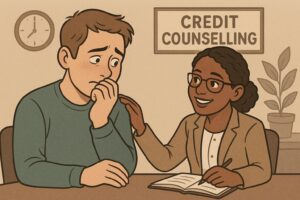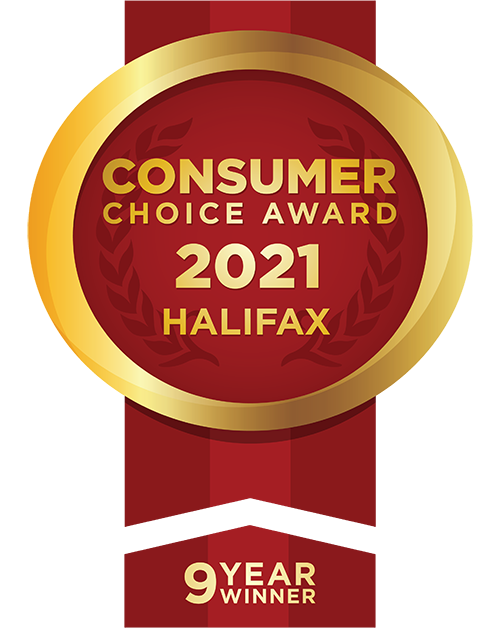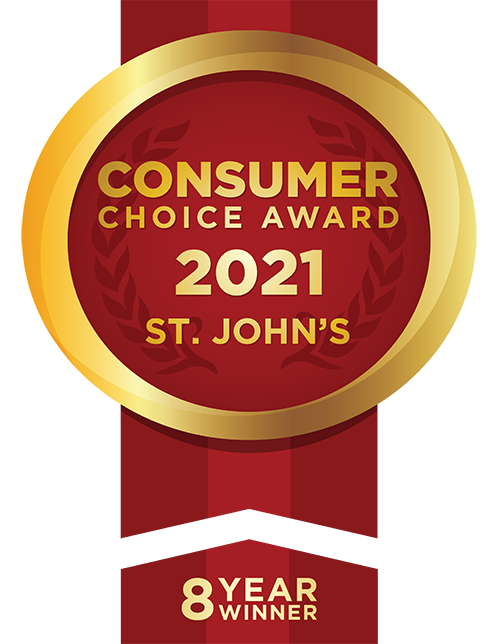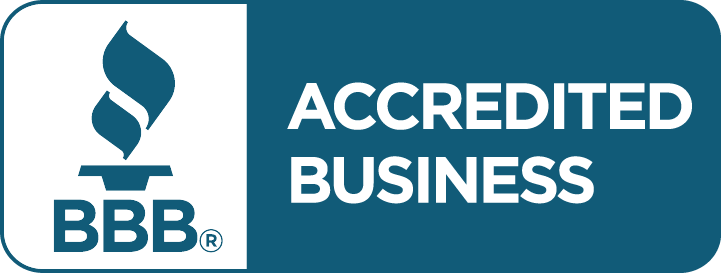Living in Canada is more expensive than ever. Rampant inflation rates, dramatic mortgage rate hikes, and a crippling housing crisis are contributing to record-breaking amounts of household debt.
Credit card debt in Canada surged in 2024, with the average balance reaching $4,562 in Q3, a 6.97 per cent increase from the previous year, according to TransUnion. Credit card debt outpaced car loans, lines of credit and mortgages as the fastest-growing form of consumer debt, driven largely by Millennials and Gen Z.
In the hopes of better managing their debt, many Canadians are looking to the government for financial relief. Below, we’ll review some of the most up-to-date government debt relief initiatives.
The Challenge of Escalating Household Debt Among Canadians
While living costs continue to soar, credit card spending reaches historically high levels. According to Transunion, total outstanding consumer debt hit a record $2.5 trillion in Q3 2024, and financial strain became evident as over 1.3 million Canadians missed a credit payment during the same time frame—an alarming 10 per cent jump from the prior year.
Today’s skyrocketing household debt rates make individuals and the economy vulnerable to economic crises. When there are widespread job losses, people cannot pay off their debts, and the country’s financial situation can quickly deteriorate – as witnessed in the U.S. during 2007-2008.
Although not all debt is bad, it comes with significant risks when misused or relied upon. The financial risk posed by debts can significantly strain your financial health and hurt your emotional well-being.
Thankfully, various support programs exist to help Canadians manage their debt.
The Canada Housing Benefit
The Canada Housing Benefit is part of the National Housing Strategy and receives funding from the Canadian government, provinces, and territories. For example:
- The Canada-Nova Scotia Targeted Housing Benefit (CNSTHB) assists residents of Nova Scotia, Canadian citizens, or Landed Immigrants who pay more than 40 per cent of their pre-tax (gross) household income on the average market rent in their area (not the rent that they pay). Renters receive a monthly supplement based on their household size, income, and average market rent. The supplement continues as long as you remain eligible and complete an annual renewal application.
- The Canada-New Brunswick Housing Benefit helps New Brunswickers with their rental costs so participants can attempt to increase their earned income. Funding is limited and available on a first-come, first-served basis, with applications opening each April. The province has numerous other financial supports available as well, including the Rent Bank Grant, which helps renters experiencing a temporary and unplanned financial crisis with their expenses directly linked to staying housed.
Canadian Government Debt Relief Programs for CRA Debt
If debt repayment to the Canadian Revenue Agency (CRA) is creating significant financial hardship, you have two options:
- Pay Your Tax Debt Over Time: Although paying your debt at once helps you avoid interest and other legal and financial consequences, scheduling a series of payments is also available. Contact the CRA directly or log into your CRA account to set up your payments using a pre-authorized debit (PAD) agreement.
- Taxpayer Relief Provisions: The government might cancel or waive penalties and interest in exceptional circumstances preventing you from paying your tax obligations. Common situations include natural or human-made disasters, serious illnesses or accidents, severe emotional or mental distress, loss of work causing financial hardship, or CRA processing delays.
Additional debt repayment options may be available if you contact the CRA directly to discuss your situation.
Student Loan Repayment Assistance Programs
If you have extensive student loan debt, you may qualify for debt relief assistance from the federal government and the provincial or territorial government where you studied. As of April 2023, Canada Student Loans and Canada Apprentice Loans no longer incur interest.
The Government of Canada’s Student Aid Repayment Assistance Plan offers reduced or no payments, depending on your income.
Provincial and territorial programs include:
- Nova Scotia: Nova Scotia Student Assistance and the Canada Student Financial Assistance Program
- New Brunswick: Repayment Assistance Plan (RAP) and the Repayment Assistance Plan for Borrowers with a Disability (RAP-D)
- Newfoundland and Labrador: StudentAidNL
- Prince Edward Island: The Debt Reduction Grant Program
Alternatives to Government Debt Relief
Government debt relief is one aspect to consider when evaluating your financial situation, but there are countless others. At SolveYourDebts.com, we provide expert credit counselling, budget mentoring, and tailored financial education programs to help you live a healthier financial life.
Through our credit counselling services, you’ll receive a personalized approach to start reducing your debt. Our debt management plan proposal combines all your debt into one monthly payment, and may even reduce or waive interest fees.
For more information about our services or to receive a free consultation, contact us today.











